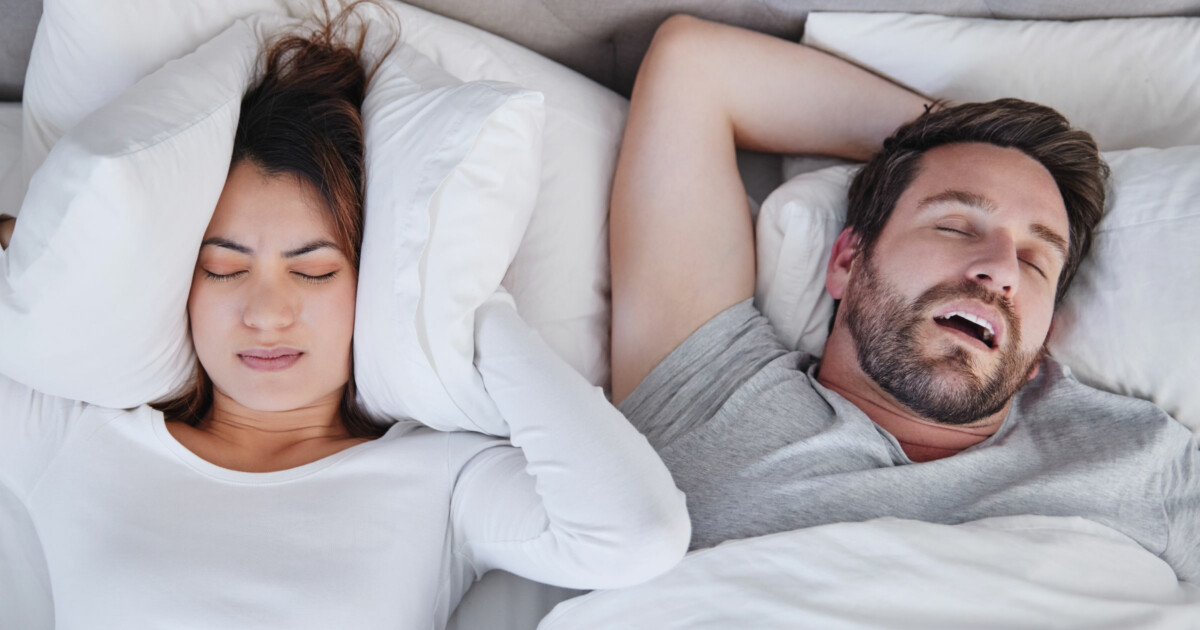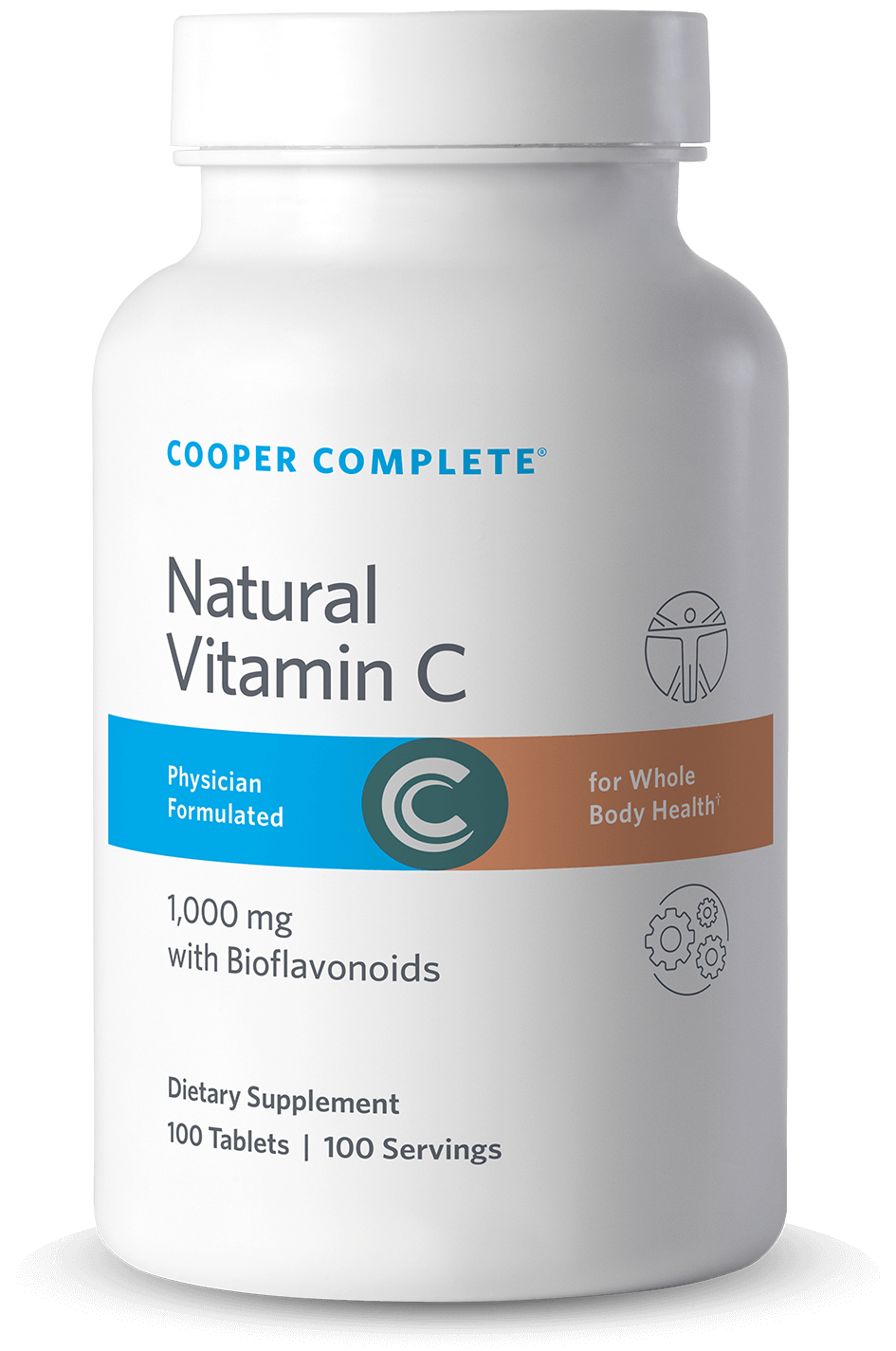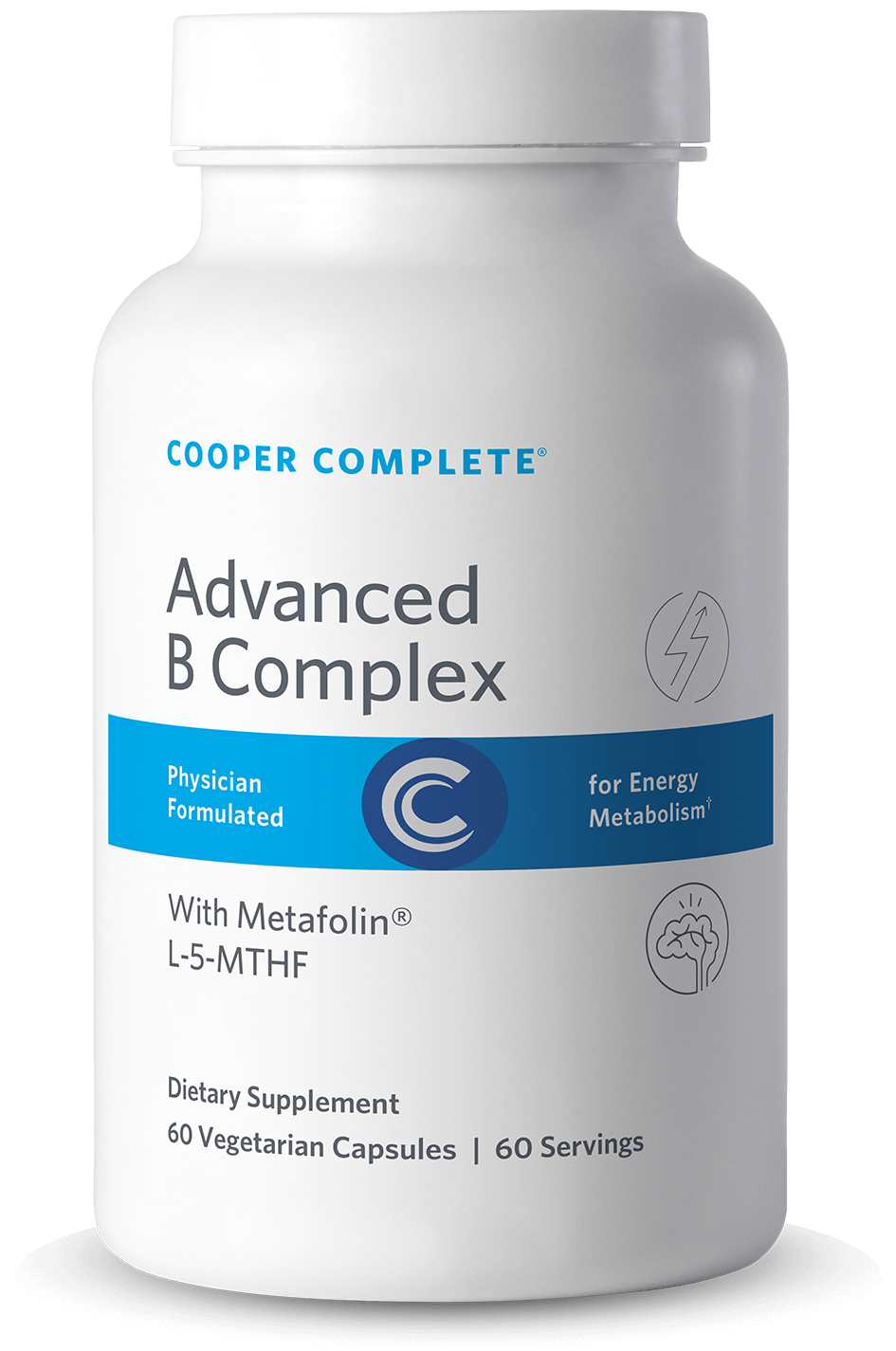Supplements for Sleep Apnea

A sleep-related breathing disorder, sleep apnea is characterized by abnormal breathing patterns that actually cause breathing to repeatedly stop and restart during sleep—referred to as apneic episodes. Ultimately diagnosed by a physician, people with sleep apnea are often first made aware of excessive snoring, irregular breathing or gasping for air by their bed partners.
Patients themselves may be aware of symptoms, including dry mouth, frequent nighttime urination, morning headaches, insomnia, sexual dysfunction or daytime sleepiness. Left untreated, this condition can lead to long-term serious health problems and should be evaluated and treated by a physician.
The American Medical Association believes more than 30 million people in the U.S. have sleep apnea—a condition as common as diabetes and more common than asthma. Unfortunately, only 20 percent of people have been diagnosed with the disorder, leaving nearly 24 million people undiagnosed and living without treatment.
Two Types of Sleep Apnea
There are two primary types of sleep apnea: obstructive sleep apnea (OSA) and central sleep apnea (CSA). Affecting 99 percent of patients, obstructive sleep apnea is the more common disorder. The upper airway collapses and blocks repetitively during sleep, resulting in drops in the oxygen level and sleep disturbance. People with a higher body mass index (BMI), smokers and those with head and neck anatomical features like larger tongues, tonsils and smaller lower jaws present a higher risk for obstructive sleep apnea.
Central sleep apnea is a rarer breathing problem that occurs in fewer than 1 percent of patients. It is caused by a communication disruption between the brain and the muscles that control breathing. The brainstem fails to recognize carbon dioxide levels in the body, leading to slower and shallower than normal breathing. Central sleep apnea is more commonly seen in people with congestive heart failure, opiate medication usage, and brain disorders.
Screening and Diagnosis of Sleep Apnea
Because sleep apnea is so undiagnosed, it is critical to raise awareness of the disorder’s symptoms and association with serious health conditions. One widely used screening tool is the STOP-BANG questionnaire below.
STOP-BANG Questionnaire Criteria |
||
|---|---|---|
| STOP-BANG Criteria | Yes | No |
| Snoring – Do you snore loud enough to be heard through closed doors? | ||
| Tired – Do you often feel tired during the day? | ||
| Observed – Has anyone observed you stop breathing during sleep? | ||
| Blood Pressure – Do you have high blood pressure? | ||
| BMI – Is your Body Mass Index greater than 35 kg/m2? | ||
| Age – Are you over 50 years old? | ||
| Neck – Is your neck circumference greater than 16 inches? | ||
| Gender – Are you a male? | ||
Low risk = 0-2 Yes answers
Intermediate risk = 3-4 Yes answers
High risk = 5-8 Yes answers
Patients who display symptoms of sleep apnea and complete this type of assessment should share the results with their physicians to inform subsequent testing and evaluate other conditions that may be causing their symptoms.
While helpful for identifying those at elevated risk of sleep apnea, screening tools such as STOP-BANG are not replacements for formal testing conducted by physicians. To properly measure the severity of a patient’s sleep apnea, several physiologic variables need to be assessed, including respiratory effort, airflow, heart rate and oxygen saturation.
For some patients, at-home sleep apnea tests may be appropriate. Simple, less cumbersome and lower-cost at-home tests measure the essential variables and have been shown to accurately diagnose sleep breathing disorders in many patients.
For those who have other sleep-related symptoms or complicating medical problems, the preferred evaluation is a comprehensive overnight polysomnogram, commonly referred to as a sleep study. Conducted in a clinical laboratory setting, sleep studies accurately measure airflow, oxygen saturation, breathing effort, body position, limb movements and sleep stages.
Treatment for Sleep Apnea
The preventive medicine physicians of Cooper Clinic recommend first making lifestyle changes to remove the behavioral factors that cause or exacerbate medical conditions and disease. Many of these modifications are consistent with the eight steps to Get Cooperized™ and can help lessen the symptoms of sleep apnea. These modifications include:
- Change sleep positions—sleeping on one’s back is cited by over 50 percent of patients as worsening sleep apnea symptoms.
- Limit alcohol intake.
- Exercise most days of the week.
- Maintain a healthy body weight.
- Do not smoke.
- Review the medications you’re taking with your physician to identify any that may worsen symptoms, including:
- Antihistamines
- Antidepressants
- Benzodiazepines
- Opiates
- Muscle relaxants
- Adjust bedroom temperature, humidity and air quality for a cooler, less dry environment.
In most cases, however, behavioral modification is insufficient to treat sleep breathing problems. Continuous Positive Airway Pressure (CPAP) is the “gold standard” treatment for sleep apnea. A CPAP machine delivers air pressure through a mask placed over the nose or over the nose and mouth while you sleep. This alleviates both snoring and sleep apnea, facilitating a more restful night of sleep. Some patients with mild apnea may be candidates instead for a dental appliance that opens and stabilizes the airway.
Nutritional Supplements for Sleep Apnea Patients
People with obstructive sleep apnea have been found to have higher levels of oxidative stress. This form of stress can cause damage to fatty tissue, DNA and proteins in the body and may be linked to the onset or progression of diseases, including diabetes, heart disease, high blood pressure and neurodegenerative conditions such as Alzheimer’s disease.
Sleep helps restore internal antioxidant mechanisms, increasing the body’s resistance to oxidative stress. Conversely, sleep deprivation and poor-quality sleep induce oxidative stress and reduce the body’s response to antioxidants.
In a small study of 30 male patients, 20 men with OSA symptoms received vitamin C and vitamin E—both antioxidants—for 45 days. While little other information is available on their overall effect on obstructive sleep apnea, the subjects taking vitamins C and E slept better with fewer sleep apnea episodes. Subjects spent more time in the latter stages of sleep, significantly lowering the optimum pressure of their CPAP devices.

Natural Vitamin C Supplement
Natural Vitamin C Supplement contains 850 mg of vitamin C (as calcium and magnesium ascorbates), plus citrus bioflavonoids to support cells, immune health, and healing.†
$29.98 Add to cartVitamin C
An antioxidant, vitamin C helps counteract oxidative stress and endothelial dysfunction—a coronary artery disease where the inner layer of cells in the blood vessels causes them to constrict or narrow, leading to angina or chest pain. A study that measured flow mediated dilation (FMD) in the brachial artery showed OSA patients receiving intravenous vitamin C therapy experienced an increase in FMD to a level similar to the control group of individuals who did not have the sleep disorder. This led researchers to conclude that oxidative stress may be responsible for endothelial dysfunction in OSA patients and may be treated with antioxidant treatments.
A review of several studies provides further evidence that vitamin C therapies—and vitamin E in some studies—resulted in better quality sleep, decreased daytime sleepiness, longer sleep duration and reduced frequency of apneic episodes. These essential nutrients remove the inhibition of the upper airway dilator muscles caused by oxidative stress.
Cooper Complete Natural Vitamin C contains 850 mg of vitamin C as calcium and magnesium ascorbate. Cooper Complete Basic One Multivitamin contains 150 mg of vitamin C and Cooper Complete Original Multivitamins contains 500 mg of vitamin C—both as ascorbic acid.
Omega-3 Fatty Acids
Well known as a supplement that supports heart health, omega-3 fatty acids may help reduce cardiac dysfunction and the occurrence of premature death in patients with obstructive sleep apnea by minimizing inflammation. Studies show there may be an inverse relationship between the DHA component of omega-3 fatty acids in red blood cells and the severity of OSA.
Cooper Complete Advanced Omega-3 contains 480 mg DHA, 720 mg EPA and 200 mg of other omega-3 fatty acids in each daily serving. Cooper Complete Advanced Omega-3 Liquid contains 1,300 md EPA and 850 mg DHA per 5 mL teaspoon.

Advanced B Complex Supplement
Advanced Vitamin B Complex supplement contains the activated, methylated, most easily absorbable forms of eight essential B vitamins, including biotin and folate, to support cellular energy production and immune, cardiovascular, and neurological health.†
$23.68 Add to cartB Vitamins
Excessive daytime sleepiness—a common symptom of obstructive sleep apnea—may be a result of vitamin B12 deficiency. While this may be a relatively rare occurrence, vitamins B6 and B12 are known to help the body produce serotonin and melatonin, hormones essential for regulating sleep-wake cycles.
Cooper Complete Advanced B Complex contains eight essential B vitamins, including 50 mg of vitamin B6 and 500 mcg of vitamin B12.
Magnesium
According to a review of several studies on the relationship between serum magnesium levels and OSA, there is evidence that OSA patients have lower levels of magnesium and may be at risk of magnesium deficiency. Additionally, OSA severity may affect serum magnesium levels.
Though the relationship between magnesium levels and OSA remains poorly understood,
the depletion of antioxidants and inflammation—direct outcomes of oxidative stress associated with OSA—indicate magnesium replacement is necessary. OSA patients who experienced improved levels of serum magnesium following intervention present encouraging potential for additional research on OSA and magnesium deficiency.
Cooper Complete Magnesium Glycinate supplement contains 120 mg of elemental magnesium which improves melatonin regulation for better sleep cycle regulation.
Vitamin D
Like magnesium and other nutrients, deficiencies and lower levels of vitamin D are believed to be correlated with the presence of obstructive sleep apnea, both sharing associations with respiratory function and other risk factors including obesity and advancing age. Levels of vitamin D in the body and the severity of OSA also appear to be inversely related.
While data on the relationship between vitamin D levels and OSA is limited, two small studies showed vitamin D supplementation may result in significantly reduced OSA severity and improved levels of bad cholesterol (LDL)—a known contributor to heart disease. A review of several studies also presents evidence that vitamin D supplementation plays a role in improving sleep quality.
Cooper Complete offers four formulations of vitamin D, including Vitamin D3 25 mcg (1,000 IU), Vitamin D3 125 mcg (5,000 IU), Vitamin D3 Liquid Drops 25 mcg (1,000 IU) and Vitamin D3 Gummies 25 mcg (1,000 IU).
Probiotics
The antioxidant suppression outcome of oxidative stress and depletion of anti-inflammatory bacteria in the gut may contribute to OSA-induced hypertension and cardiovascular risk, according to a recent study. And while additional research is needed to better understand the relationship between OSA, high blood pressure and microbiome (the gut), prebiotics and probiotics may be considered for reducing the risk of cardiovascular disease among OSA patients.
Cooper Complete Advanced Daily Probiotic supplement contains a proprietary blend of four strains and 35 billion CFU probiotics to support a healthy gut and immune health.
Your health is your responsibility, and sleep is included in that. Asking your doctor more questions about your quality and quantity of sleep can help you maintain a healthy lifestyle. It may take some time to diagnose and treat your sleep disorder, but creating a plan of action with your physician is critical in improving your overall health and well-being.
